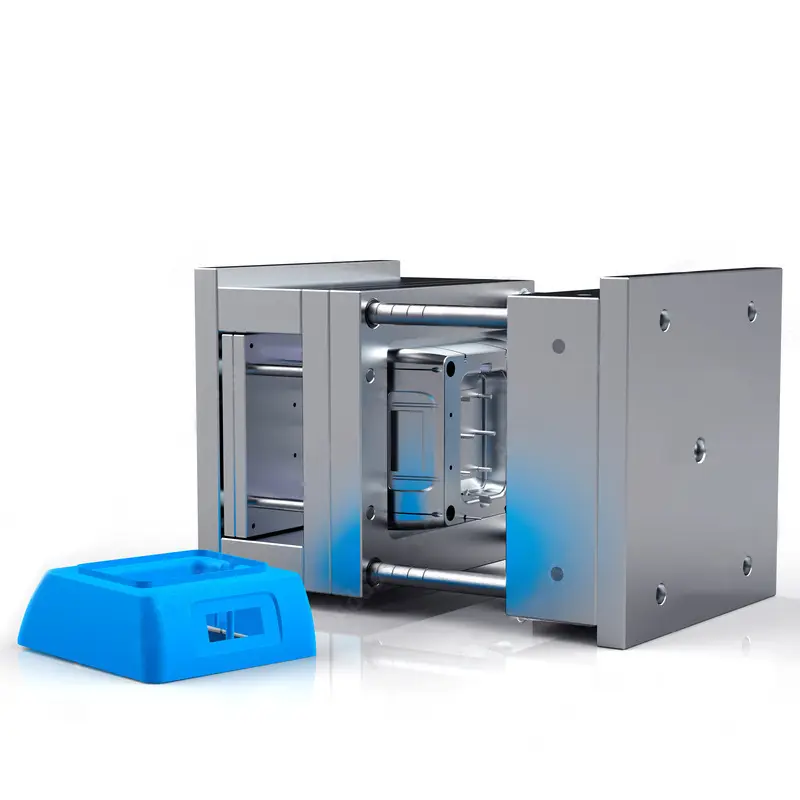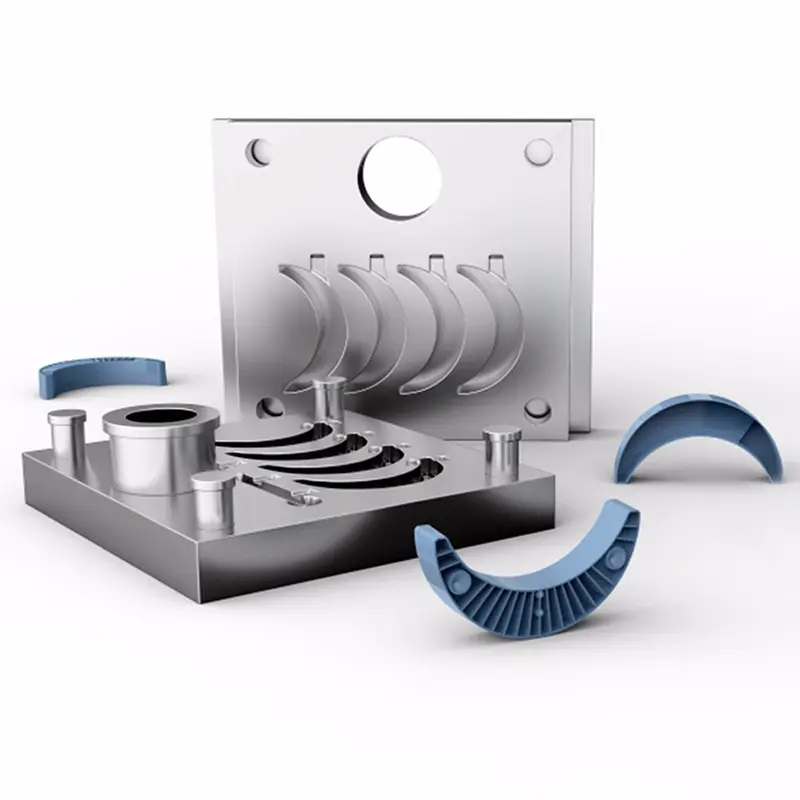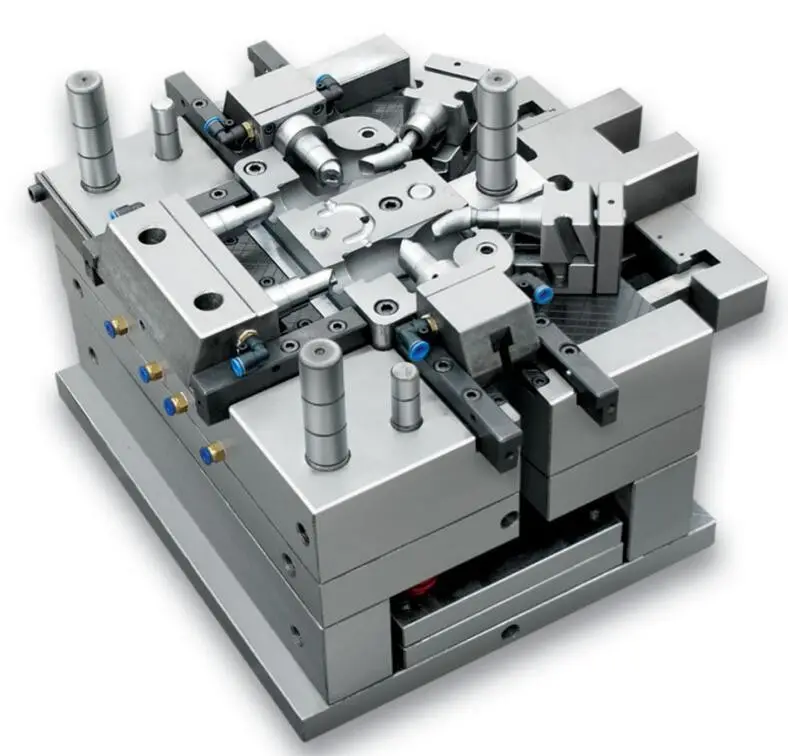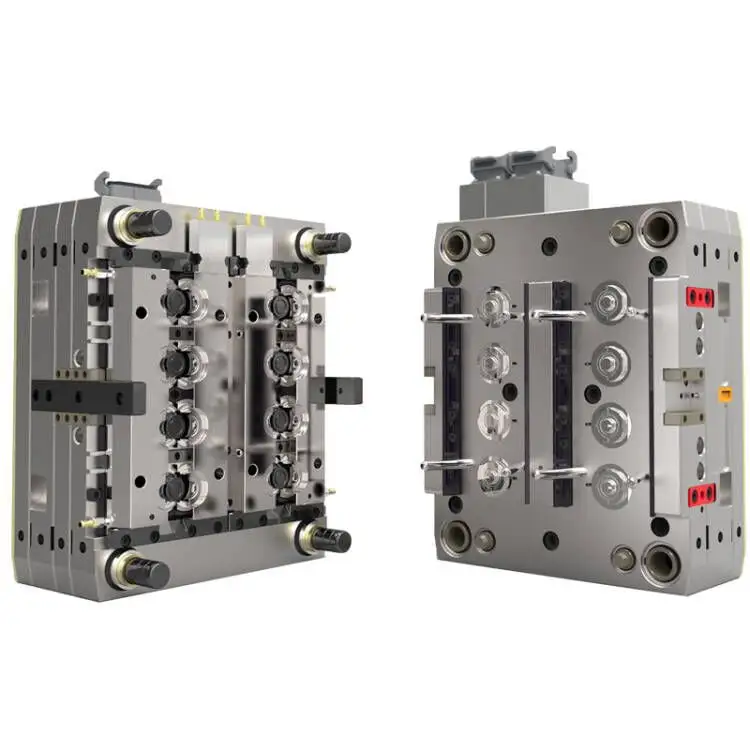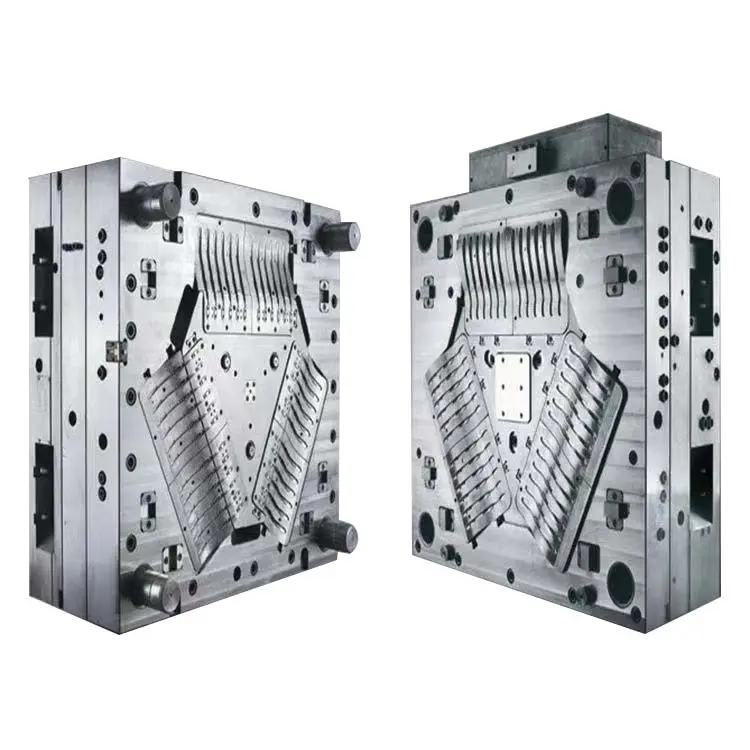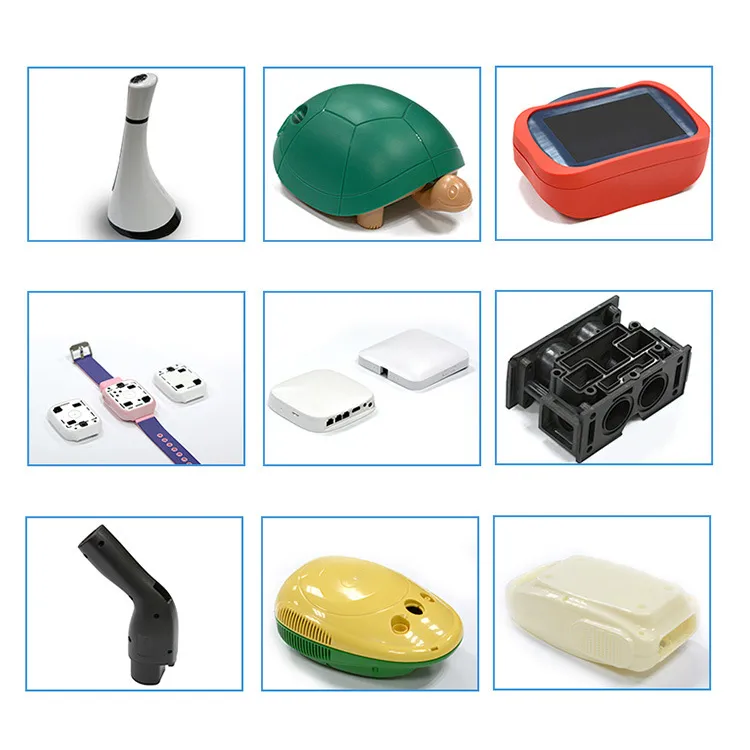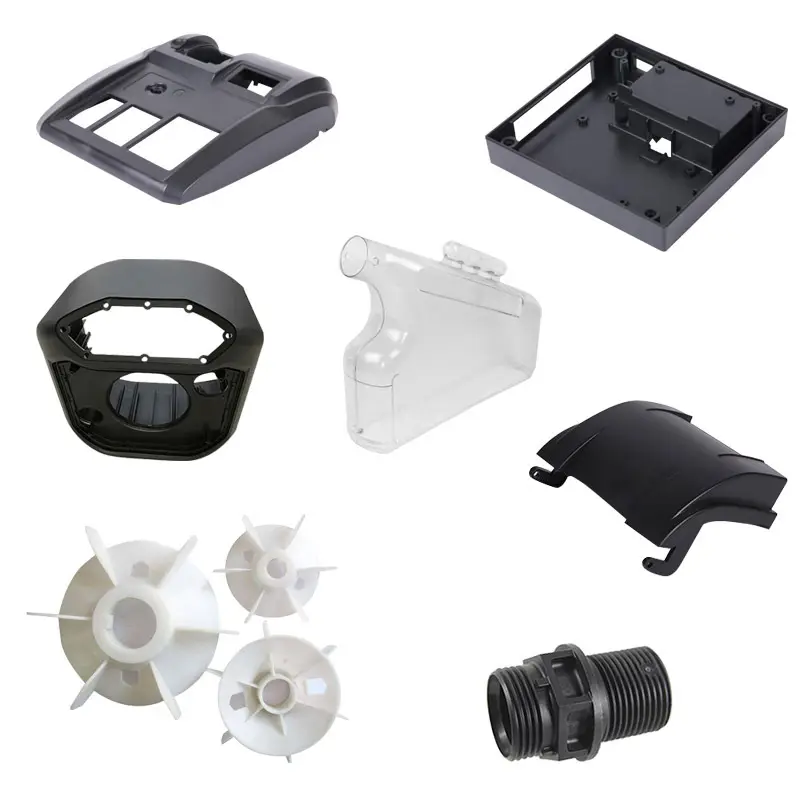Introduction to Elite and Overmolding
Elite, a leader in injection molding manufacturing, specializes in advanced techniques that enhance the functionality and aesthetics of molded parts. Overmolding is one such technique, enabling the creation of complex parts by combining multiple materials in a single mold. This process is widely used in industries ranging from consumer electronics to medical devices. In this article, we explore the key aspects of mastering overmolding for complex injection molded parts, demonstrating how Elite’s expertise ensures high-quality, precision-engineered products.
What is Overmolding?
Understanding the Overmolding Process
Overmolding is an advanced injection molding process where one material is molded over another, creating a single, unified component. The initial substrate, typically a rigid plastic, is first molded, followed by a second molding process where a different material, often a softer or more flexible polymer, is added. This technique allows for the combination of different materials, each contributing specific properties to the final part, such as enhanced grip, improved ergonomics, or additional functionality.
Applications of Overmolding
Overmolding is used across various industries to produce parts that require multi-material construction. Common applications include:
- コンシューマー・エレクトロニクス: Producing durable and ergonomic device housings with soft-touch surfaces.
- 医療機器: Creating components that require both rigidity and flexibility, such as handles with non-slip grips.
- Automotive Parts: Enhancing the comfort and safety of vehicle interiors with overmolded controls and buttons.

Benefits of Overmolding in Complex Parts
Enhanced Product Functionality
One of the primary benefits of overmolding is the ability to enhance the functionality of a part. By combining materials with different properties, overmolding allows for the creation of parts that offer improved performance, such as better grip, increased durability, or resistance to environmental factors. Elite’s expertise in overmolding ensures that each material is selected and applied to maximize the functional benefits of the final product.
Improved Aesthetics and Ergonomics
Overmolding not only improves the functionality of a part but also enhances its aesthetics and ergonomics. The process allows for the seamless integration of multiple colors, textures, and finishes, resulting in a visually appealing product. Additionally, overmolded parts often feature softer surfaces that improve user comfort and safety, making them ideal for consumer-facing products. Elite’s precision molding capabilities ensure that overmolded parts meet the highest standards of design and user experience.
Cost-Effective Manufacturing
By combining multiple materials in a single molding process, overmolding can reduce the need for additional assembly steps, lowering production costs and time. This efficiency makes overmolding a cost-effective solution for manufacturing complex parts that would otherwise require multiple components and assembly processes. Elite’s streamlined manufacturing processes leverage overmolding to deliver high-quality, cost-effective solutions for complex part production.
Key Considerations for Successful Overmolding
Material Selection
Choosing the right materials is critical for successful overmolding. The materials must be compatible to ensure proper bonding and avoid issues such as delamination. Typically, the substrate material should have a higher melting point than the overmold material to prevent deformation during the second molding process. Elite’s material experts work closely with clients to select the best combination of materials, ensuring optimal performance and durability of the final product.
Mold Design and Precision
The design of the mold is another crucial factor in mastering overmolding. The mold must be precisely engineered to accommodate multiple materials, maintain tight tolerances, and ensure proper flow and bonding during the injection process. Elite’s advanced mold design capabilities and state-of-the-art manufacturing equipment allow for the creation of complex, multi-material molds that produce high-quality overmolded parts with consistent accuracy.
Process Control and Quality Assurance
Achieving consistent quality in overmolding requires meticulous process control and quality assurance. Parameters such as temperature, pressure, and injection speed must be carefully monitored and controlled to ensure proper material bonding and part integrity. Elite employs rigorous quality control measures throughout the overmolding process, using advanced inspection techniques to verify that each part meets the required specifications and performance standards.
Challenges in Overmolding and How to Overcome Them
Material Compatibility and Bonding
One of the main challenges in overmolding is ensuring proper bonding between the substrate and the overmold materials. Incompatible materials can lead to poor adhesion, resulting in delamination or part failure. Elite addresses this challenge by conducting thorough material testing and compatibility analysis before production, ensuring that the selected materials bond effectively and produce a durable, high-quality part.
Managing Warpage and Shrinkage
Warpage and shrinkage can occur during the overmolding process, particularly if there are significant differences in the thermal expansion properties of the materials used. These issues can affect the dimensional accuracy and overall quality of the part. Elite’s experienced engineers employ advanced simulation tools and precise process control to minimize warpage and shrinkage, ensuring that the final product meets the exact specifications required by the client.
Complex Mold Construction
The design and construction of molds for overmolding are inherently more complex than those for single-material molding. Multiple cavities, inserts, and precise alignment features are often required to achieve the desired outcome. Elite’s expertise in mold design and construction allows us to create sophisticated molds that accommodate the complexities of overmolding, ensuring reliable, high-quality production.
The Future of Overmolding in Injection Molding
Innovations in Material Science
The future of overmolding is closely tied to advancements in material science. The development of new polymers and elastomers with enhanced properties will expand the possibilities for overmolding, enabling the production of even more complex and functional parts. Elite remains at the forefront of these developments, continually exploring new materials and techniques to offer innovative solutions to our clients.
Expanding Applications Across Industries
As industries continue to demand more sophisticated and multifunctional components, the applications of overmolding are expected to expand. From medical devices with integrated electronics to automotive parts with enhanced safety features, overmolding will play a crucial role in the future of product design and manufacturing. Elite is committed to leading the way in overmolding technology, helping clients across various industries achieve their goals with advanced injection molding solutions.
結論
Mastering overmolding for complex injection molded parts requires a deep understanding of materials, precision mold design, and rigorous process control. Elite, as a leading injection molding manufacturer, combines these elements to deliver high-quality, multi-material components that meet the most demanding specifications. With our expertise in overmolding, we help clients enhance product functionality, aesthetics, and cost-effectiveness, positioning their products for success in competitive markets.

